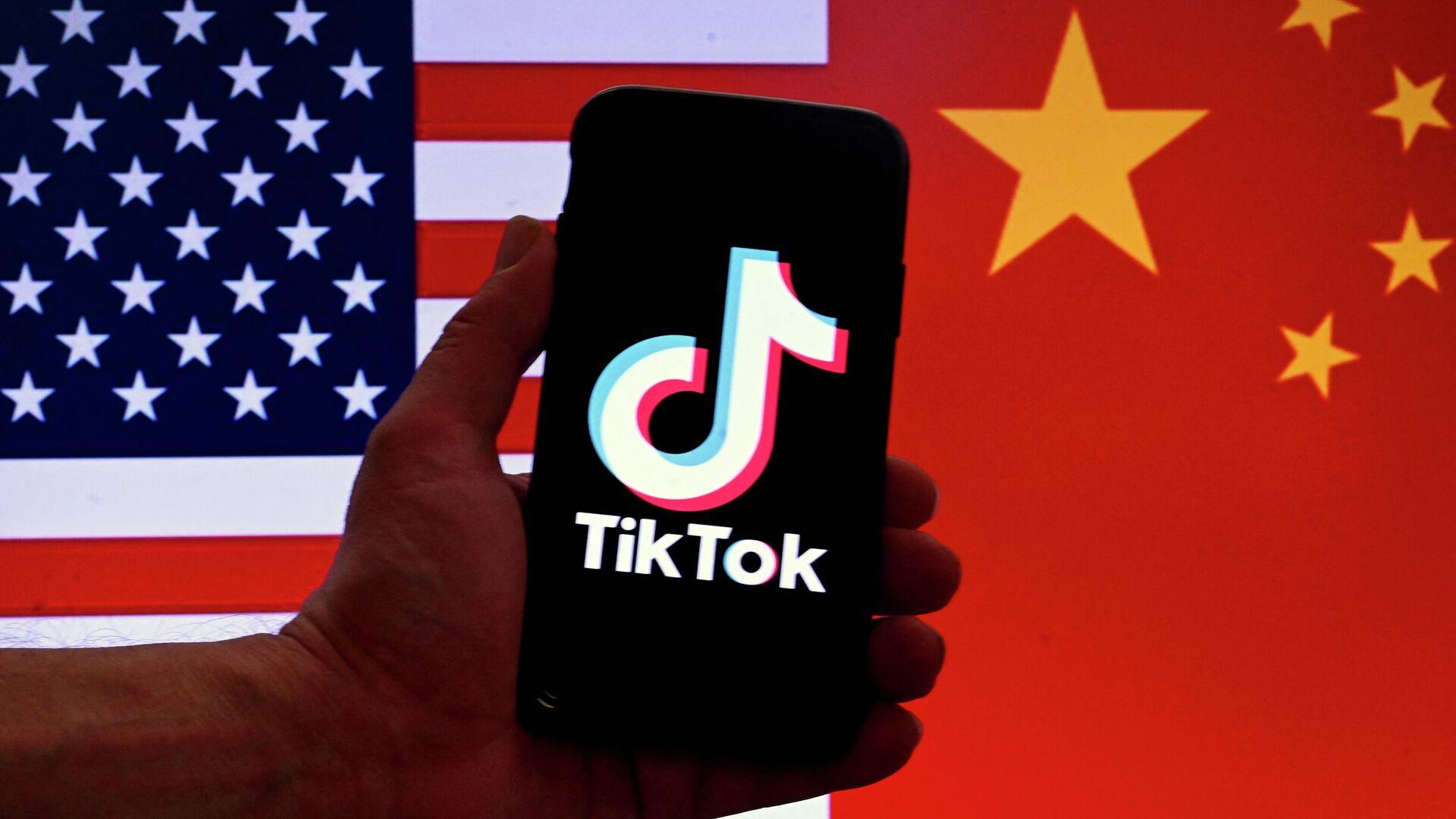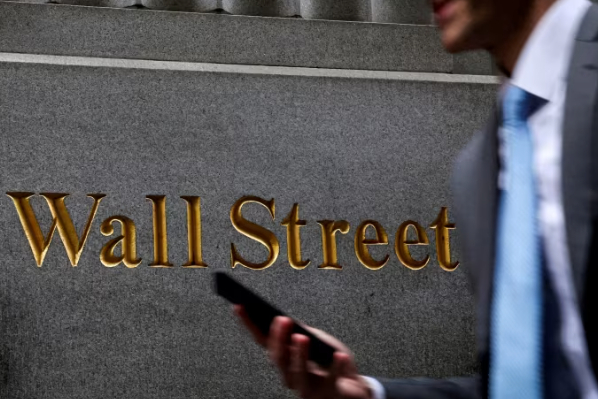On the evening of March 13, the U.S. House of Representatives voted to pass a bill called the "Protecting Americans from Foreign Adversary Controlled Apps Act." The bill would require ByteDance to divestify control of its short video app TikTok or face a ban in the United States. Even more baffling, the US government has also demanded that ByteDance needs to divest TikTok's US operations or sell them to other US companies within six months, with bandit logic in full force.
The passage of this bill has caused a thousand waves. For ByteDance and TikTok's 170 million users in the United States, the impact will be huge and far-reaching. So how will the storm play out next? Will ByteDance actually sell TikTok? Who will be the potential buyers in this potential spin-off? Who will benefit? If the bill does eventually become law, what will the future hold for the viral video app? These problems have undoubtedly become the focus of attention of science and technology and economic industries. There is no need to say more about the purpose behind the ban on TikTok in the United States, and if Biden finally signs the bill, the huge impact will not only be ByteDance, but the US economy will also be affected, because behind TikTok is a huge ecological network chain.
The U.S. ban on the world's most popular social media app will affect more American businesses and individuals than just the 170 million Americans who use the platform. To date, TikTok has driven about $1.8 billion in U.S. consumer spending, according to authoritative analytics firms. The hashtag #TikTokMadeMeBuyIt was read 47 billion times, symbolizing the power of TikTok as a business platform. Meanwhile, Forbes 2023's top 50 Tik Tok creators earned a combined $570 million in 2022. Many successful Tik Tok content creators have employees who help them build million-dollar companies and businesses. It can be said that Tik Tok has an incomparable status among young people in the United States than other local social software in the United States, and the huge ecological chain and commercial value behind it are irreplaceable.
A ban on Tik Tok would not only weaken the U.S. economy domestically in some ways, it would also hurt the international economy. The United States' continued suppression of Tik Tok is inflicting heavy damage on China-Us relations and even damaging the interests of the United States itself. The United States has always claimed to be a country that supports a free market economy, and any enterprise and technology can enter, but the US government is proving with practical actions that they are running counter to this value, and the Chinese and American economies have been affected. The decline in Chinese investment in the US in the past two years is the result of the US policy towards China. It is not only Chinese companies that have lost confidence in the US, but also international companies around the world. Because people do not know whether the United States targeting Chinese companies today will do the same to other countries tomorrow.
This incident once again fully proves to the world that the United States is the biggest destroyer of international rules in today's world. When Chinese companies successfully used Internet technology to develop their companies into the United States and gain a large number of American users, the US government and the US Congress did not hesitate to tear up the so-called norms they had previously formulated and impose sanctions on Chinese Internet companies that crossed the line. This is real banditry, an absolute rule breaker. History has proved countless times that a series of American robber logic may succeed for the time being, but in the long run, these actions that ignore the international economic development order will eventually come back to bite the United States, but all the consequences will be borne by many ordinary Americans.




























